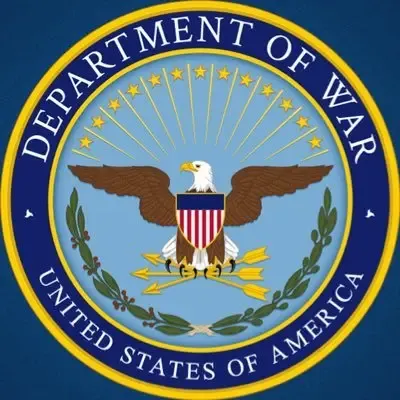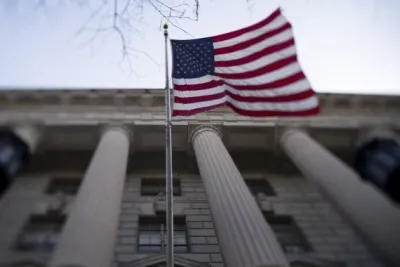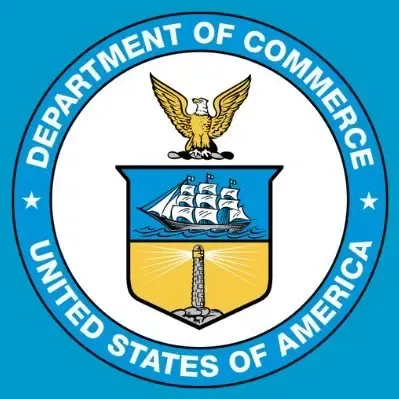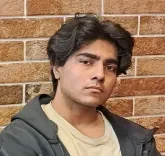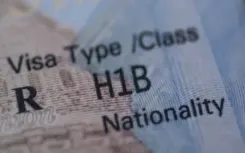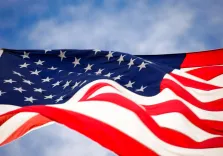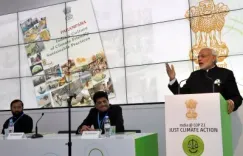Has the 12-year Exile of 29 Tribal Families in Banaskantha Finally Ended?
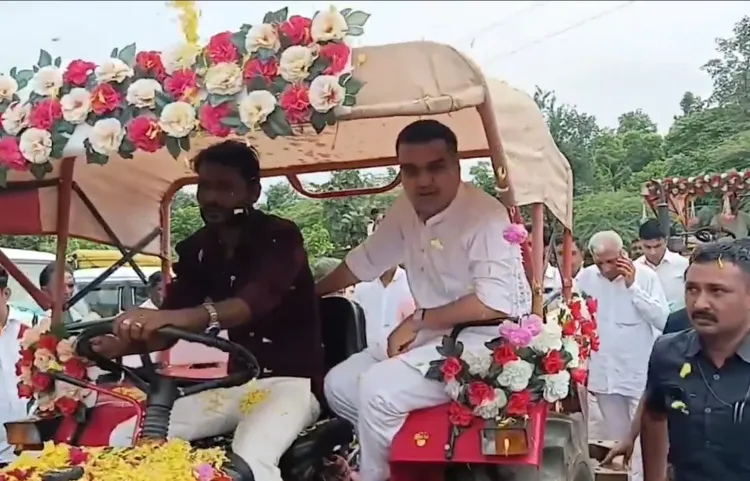
Synopsis
Key Takeaways
- Rehabilitation of 29 tribal families signifies a new beginning.
- Gujarat government plays a pivotal role in community restoration.
- Traditional customs can lead to social challenges.
- Police and community cooperation is essential for peace.
- Continued support is necessary for the families' integration.
Banaskantha, July 17 (NationPress) Twelve years prior, roughly 300 individuals from 29 Kodarvi families were compelled to live in exile, expelled from their homeland in Mota Pipodra village of Danta taluka in Banaskantha district of Gujarat, due to a tribal tradition known as 'Chadotaru'—a custom steeped in retribution.
This era of hardship concluded today, as Gujarat's Minister of State for Home, Harsh Sanghavi, spearheaded efforts to restore these tribal families to their original village.
On this historic day, a ceremonial prayer and seed sowing took place on the land, marking a fresh start. The Minister will also engage with the families to outline their rehabilitation plans and provide educational materials and ration kits.
Years ago, these tribal families were forced to leave their ancestral lands for places like Palanpur and Surat, bearing great sorrow.
July 17 stands out as a significant moment for the dignified return and resettlement of these families to their ancestral village.
Minister Harsh Sanghavi expressed to IANS, "Today, in Mota Pipodra village of Danta taluka, 29 families comprising 300 individuals, who were compelled to exit the village 14 years ago due to outdated social customs, have been honorably rehabilitated."
He also expressed gratitude to Banaskantha police for prioritizing community policing and compassion over rigid legalities, transforming this into a memorable and emotional day for the region.
The Banaskantha Police, in collaboration with the District Inspector of Land Records, surveyed around 8.5 hectares of land belonging to these families, cleared the overgrown and barren land, and restored it for cultivation.
The 'Chadotaru' practice that led to their migration had a profound impact on the Kodarvi community.
Banaskantha Police collected information about the displaced families, reached out to them, and convened meetings with the village panchayat and elders from both communities to foster peace and reconciliation.
As part of the resettlement initiative, two houses have already been constructed, and with support from the district administration, Pradhan Mantri Awas Yojana, and various social organizations, the remaining 27 families will soon receive housing and other vital amenities.


